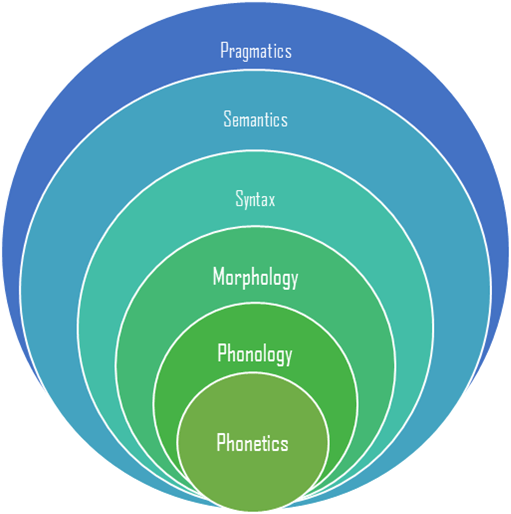Key Difference – Semantics vs Pragmatics
Semantics and pragmatics are two branches of linguistics that pertain to the meaning of language. However, there is a significant distinction between the two. Understanding the difference between semantics and pragmatics can help prevent misunderstandings and miscommunication in language. Semantics deals with the meaning of words without considering the context, whereas pragmatics analyzes meaning in relation to the relevant context. Thus, the key difference between semantics and pragmatics is that semantics is context-independent, while pragmatics is context-dependent.
What is Semantics?
Semantics is a branch of linguistics that analyzes the meaning of words in a language. It solely deals with text and examines the meaning of words and how they are used to form meaningful contexts. The study of semantics does not take context into consideration; it is only concerned with grammar, vocabulary, and the conceptual meaning of a word. The meaning of a sentence remains constant whenever a certain expression is uttered. Therefore, it can be said that semantics only analyzes what a particular expression means in a very general sense. Semantics has a narrower scope since it only deals with meaning.
What is Pragmatics?
In contrast, pragmatics is a broader field, which analyzes the context in addition to grammar, vocabulary, and conceptual meaning. Instead of examining what the expression means, this field studies what the speaker means in using a certain word or expression. It considers various factors surrounding the utterance, such as the speaker’s intended meaning, contextual factors, and the listener’s inferences to interpret the utterance. In simple terms, pragmatics deals with what is implied in an utterance.
What is the difference between Semantics and Pragmatics?
Definition:
– Semantics is a branch of linguistics concerned with the meaning of morphemes, words, phrases, and sentences and their relation.
– Pragmatics is a branch of linguistics concerned with the use of language in different contexts and the ways in which people produce and comprehend meanings through language.
Context:
– Semantics does not consider the context.
– Pragmatics considers the context.
Factors:
– Semantics is concerned with conceptual meaning, vocabulary, and grammar.
– Pragmatics is also concerned with the speaker’s intended meaning, contextual factors, and listener’s inferences to interpret the utterance.
Focus:
– Semantics focuses on the meaning of language.
– Pragmatics focuses on language use.
Scope:
– Semantics is narrower compared to pragmatics.
– Pragmatics is a broader field when compared to semantics.
